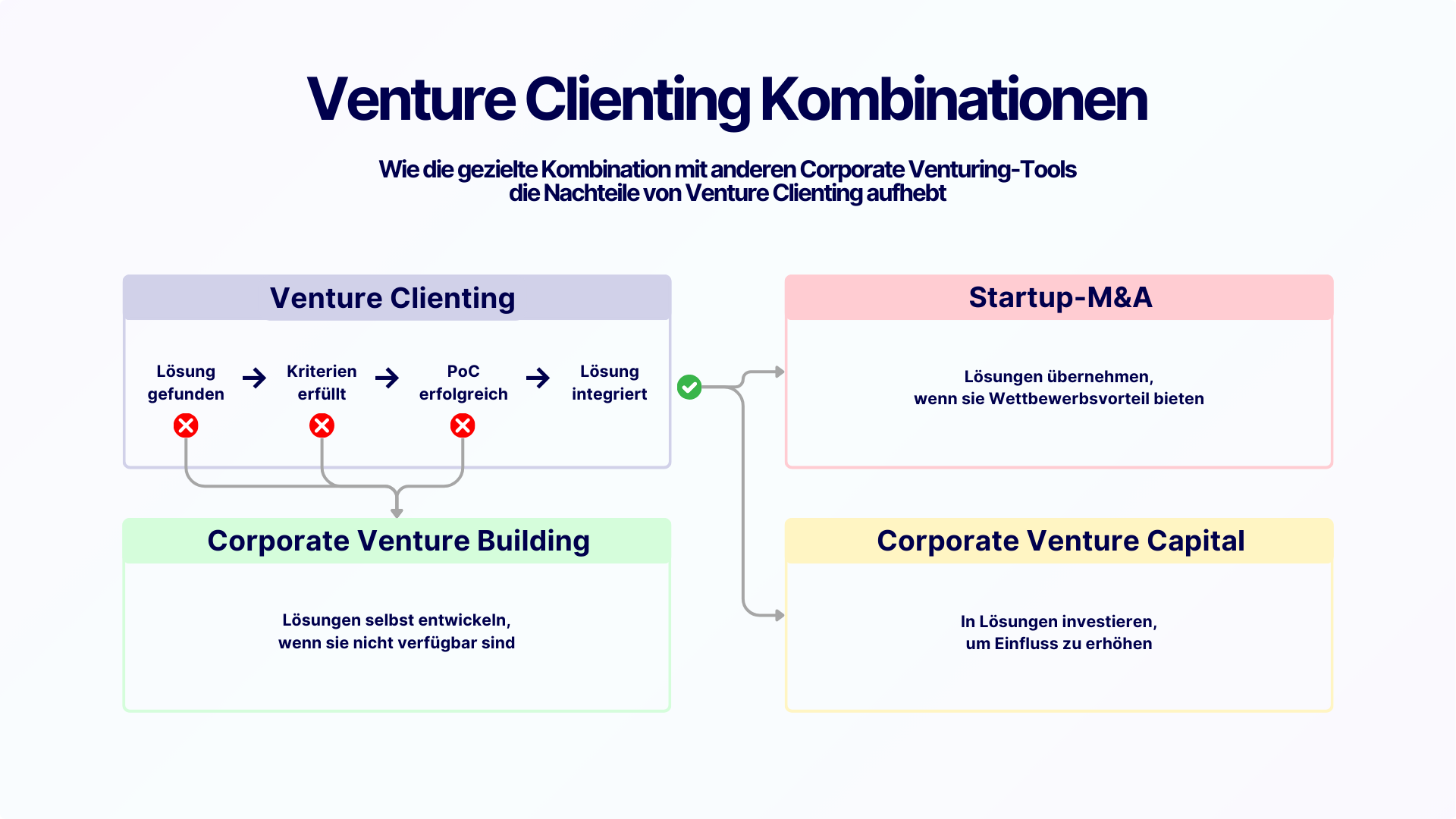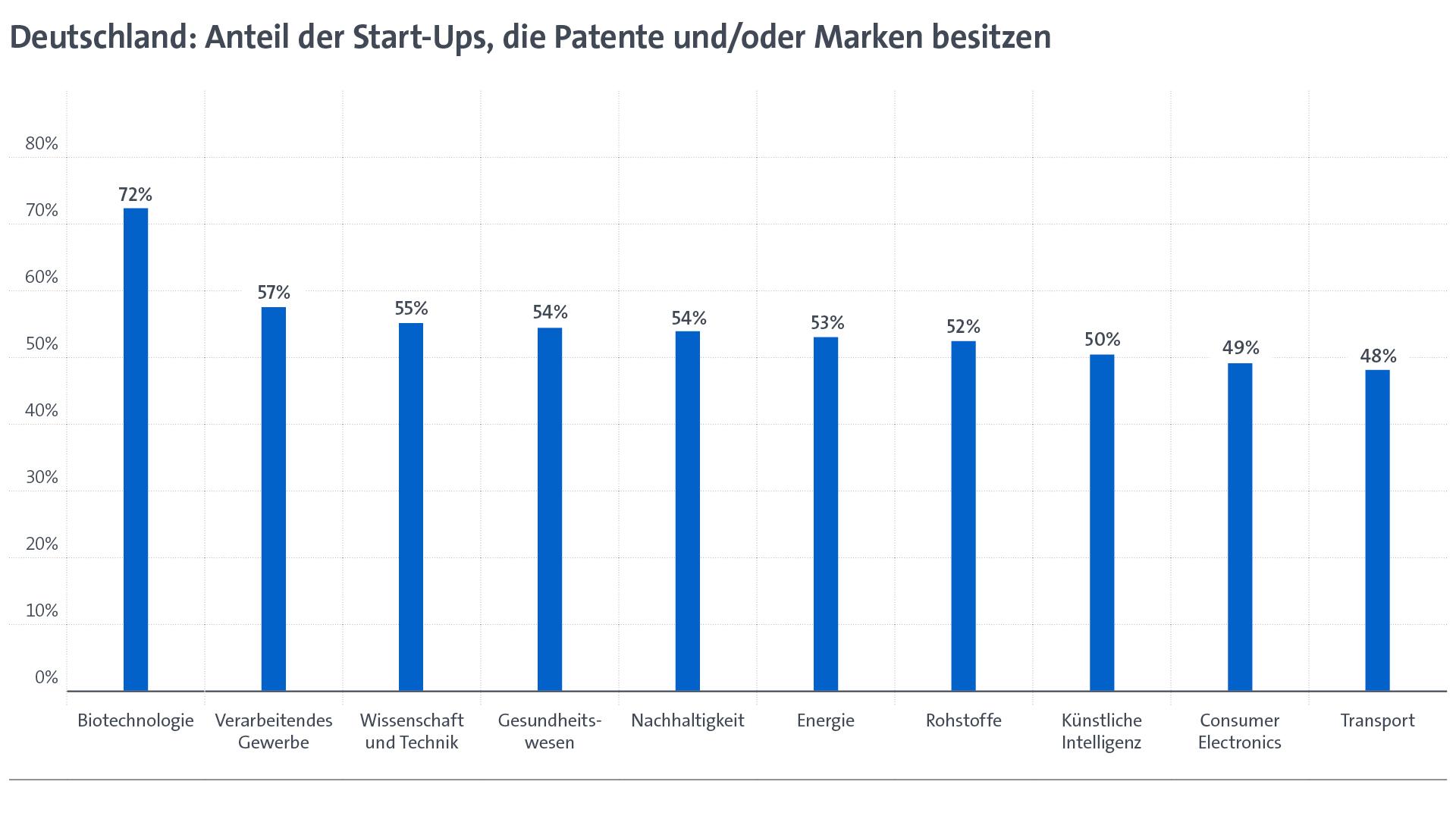Founders should know these five taxes

Paying taxes is no fun and is complicated. But it is part of being an entrepreneur. Start-up founders have a whole range of taxes that affect them. An overview of the most important ones.
The American founding father Benjamin Franklin once wrote that nothing in life is certain - except death and taxes. No one knows this better than the Germans. According to some estimates, 80 percent of the world's tax literature is written in German. There are many reasons for this, but it is an indication that the German tax system is extremely complex.
This already applies to private individuals, who have to observe and pay various taxes ranging from property tax to tobacco tax and dog tax. Anyone who then joins the ranks of founders and starts their own start-up will quickly discover that they have entered a whole new dimension of tax complexity.
The exact taxes that affect founders naturally depend on a number of factors. The legal form of the company is decisive, but also the sector and the question of whether there are employees. In principle, entrepreneurs should seek professional advice on these issues. However, a few taxes affect almost everyone. A brief introduction to the jungle of regulations.
Value added tax
Sales tax - also known colloquially as VAT - is the most important source of income for the German tax authorities after wage tax. This tax applies to all legal forms. In principle, it applies to all goods and services, both those that the entrepreneur purchases and those that they offer. In practice, VAT is simply added to the amount of your own invoice. The standard rate is 19 percent, with a reduced rate of seven percent applying to some goods (food, books). A few items are also completely exempt from VAT (services provided by doctors or cultural institutions). The VAT paid to your own suppliers is then deducted from the VAT you collect yourself, the so-called input tax deduction.
So-called small businesses are exempt from the VAT obligation. This includes those with a turnover of 17,500 euros or less. In this case, VAT returns are not required.
Income tax
All natural persons in Germany must pay income tax. This takes into account income from self-employment, from a business and also from capital assets. The basis is the taxable income, i.e. the income minus some deductions. These possible deductions include, for example, income-related expenses, i.e. costs incurred through work. Also deductible are allowances for children or education allowances.
The income tax rate increases with income. Up to a taxable income of currently 9,744 euros, no tax is payable at all. Anyone earning more than this is initially taxed at 14 percent. The tax rate can rise to up to 45%, but this only applies from an income of over EUR 274,000 per year.
Trade tax
Trade tax is levied on the income of a business. It is levied by municipalities, for which it is the most important source of income. However, this also means that the trade tax burden can vary from company location to company location. The tax office first multiplies the calculated trade income by the tax base rate (currently 3.5 percent). The amount calculated in this way is then multiplied by the assessment rate of the municipality, which is at least 200 percent, but can be set at any level.
With a trade income of 100,000 euros, this results in a measurement amount of 3,500 (x3.5%). If the assessment rate is set at the minimum 200%, this results in a trade tax burden of EUR 7,000.
There is also an allowance for trade tax, which currently amounts to 24,500 euros. Freelancers such as doctors, lawyers or architects do not have to pay it.
Corporation tax
Legal entities are affected by corporation tax, i.e. associations, cooperatives, but also corporations. In particular, anyone who has organized their company as such must therefore deal with this tax. Like trade tax, it is levied on income and amounts to 15 percent. The tax-free amount is 5,000 euros, for some agricultural cooperatives and associations even 15,000 euros. Non-profit, ecclesiastical and charitable corporations are exempt, provided they do not engage in any economic activity.
Wage tax
Wage tax applies to companies with employees. Strictly speaking, the employee himself is the debtor. In fact, however, the employer is responsible and must deduct it from the gross wage, withhold it and pay it to the tax office. The employer also withholds church tax and solidarity surcharge. Exactly how much income tax has to be deducted also depends on the income tax bracket in which employees are classified, especially depending on their marital status.

Newsletter
Startups, stories and stats from the German startup ecosystem straight to your inbox. Subscribe with 2 clicks. Noice.
LinkedIn ConnectFYI: English edition available
Hello my friend, have you been stranded on the German edition of Startbase? At least your browser tells us, that you do not speak German - so maybe you would like to switch to the English edition instead?
FYI: Deutsche Edition verfügbar
Hallo mein Freund, du befindest dich auf der Englischen Edition der Startbase und laut deinem Browser sprichst du eigentlich auch Deutsch. Magst du die Sprache wechseln?













